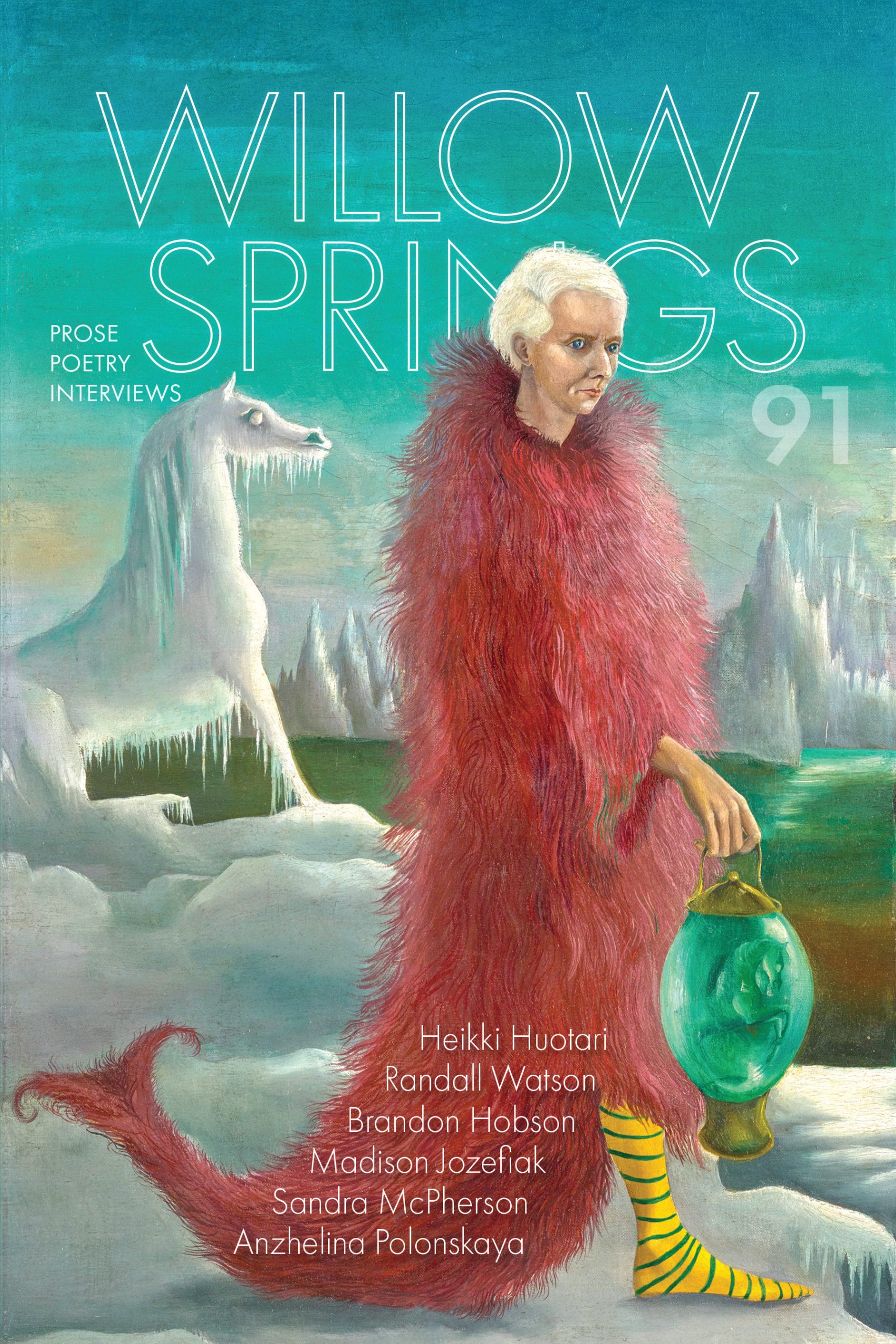
About Adam Scheffler
Adam Scheffler grew up in California, received his MFA from the Iowa Writers’ Workshop and his Ph.D. in English from Harvard. His first book of poems – A Dog’s Life – won the 2016 Jacar Press book contest. His second book of poems – Heartworm – won the 2021 Moon City Press Prize and just came out this winter. His poems have appeared in The Yale Review, The American Poetry Review, Narrative, Verse Daily, and many other venues. He teaches writing and about hell and the underworld in the Harvard College Writing Program.
You can buy his new book Heartworm here.
His website is adamscheffler.com.
A Profile of the Author
Notes on “If You Only Knew”
Well, I’d just reread Amy Gerstler’s fantastic poem, “Advice from a Caterpillar” and I loved the conceit of presenting a bunch of super specific things caterpillars do as advice (“Spin many nests,” “Alternate crumpling and climbing”). I liked how sometimes these pieces of advice from the caterpillar sound like aphorisms (“Don’t get sentimental/about your discarded skins”), but often don’t, and how overall this strategy allows for a kind of playfulness and weirdness that’s also very matter-of-fact. So I thought I’d try that out as a writing prompt with my poodle-mix Bee Gee.
I started making a list of dog-specific “advice,” but then got slightly derailed or sent off on a (hopefully fruitful) tangent when I got to the moment about giving Bee Gee heartworm pills. Dog owners have to give their pets regular medicine so they don’t develop parasitic worms in their hearts, yet we also often seek “treatment” of a sort from our pets for our sadness and anxiety. It seemed to me that “heartworm” might also provide an apt image or metaphor for the poison and bitterness that can build up in the human heart over time, and for which I at least often turn to animals and the natural world (not just to dogs) for relief.
In doing some research, it also turns out that the technical name for the number of worms in an animal’s heart is “the worm burden” – which seemed like a fantastic phrase to me, since it speaks to what we all carry with us as mortal beings.
Music, Food, Booze, Tattoos, Kittens, etc.
You know how goats eat almost anything? Well, I tend to like almost all music no matter how “good” or “bad” it is. I have a true ignoramus’s bliss when it comes to music in that I don’t know anything about how it works, and am constantly being delighted by it. For instance, I finally & belatedly discovered Leonard Cohen and have been devouring his music, but I’m also very fond of Taylor Swift and Carly Rae Jepsen. I used to be embarrassed about my lack of discrimination, but now luckily I’ve read Susan Sontag’s essay on camp and Frank O’Hara’s line about wanting to be “at least as alive as the vulgar,” so I have a fancy sounding defense of what I would like to be doing anyway.
I also recently read Rax King’s book Tacky: Love Letters to the Worst Culture We Have to Offer which opens with an un-ironic defense of Creed. I’m not quite brave enough to defend Creed myself, but I’m happy to have Rax in the vanguard protecting us more vulnerable philistines.
I would add that I really love it when ‘serious’ musicians do covers of pop songs as in the band Postmodern Jukebox which does jazz age covers of “All About That Bass” and Selena Gomez. I also heartily recommend the whole Folksy Covers section on Spotify, particularly the Carolina Chocolate Drops’ cover of “Hit ‘Em Up Style.”
And I can’t stop singing the praises of Amanda Palmer’s “Ukulele Anthem” which quite seriously suggests that silly joyous creativity might not only be a survival technique, but also prevent people from becoming murderers.


